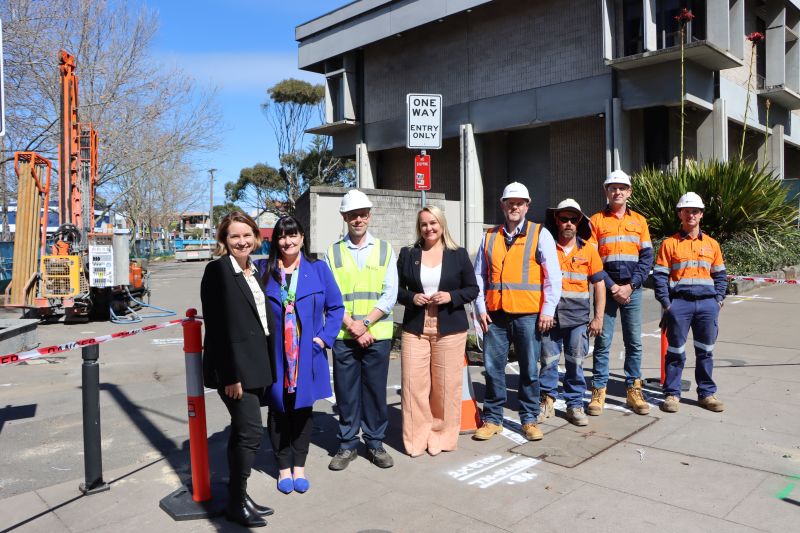The Albanese Government has today announced a $75 million investment in flood mitigation and infrastructure resilience programs for New South Wales.
The support will be delivered across the 62 local government areas (LGAs) which were disaster-declared after the February-March flood event.
The program is wholly funded by the Commonwealth Government’s Emergency Response Fund, but will be delivered by New South Wales Government agencies, including Resilience NSW, the Department of Regional NSW and the Department of Planning and Environment.
The program includes:
- $40 million for flood infrastructure: grants for councils and government agencies for flood mitigation projects, including funding for home raising projects.
- $15 million for flood warning gauges: support for councils and government agencies to install, upgrade and operate flood warning gauges, systems and associated advice to make the community aware of the warning system.
- $14 million for a levee assessment and improvement program: flood impact assessments of flood mitigation infrastructure damaged by the February-March flood event. These assessments will be used as the basis for flood mitigation repairs and improvements.
- $5 million for valley level flood assessments: to provide improved information for flood risk management and emergency management decisions, and support improved State-wide understanding of flood risk.
- $1 million for a flood infrastructure impact assessment and report: to outline flood infrastructure impacts, available information on the relative rarity of the flood at key locations and identify known priority flood risk management measures.
Prime Minister Anthony Albanese said:
“This funding will help to improve long term resilience in disaster-impacted communities.
“Too often disaster support is provided after a major disaster, rather than being invested earlier to keep communities safer.
“This funding, provided by the Commonwealth and driven by the State Government will ensure mitigation projects in NSW are identified and supported.”
Premier of New South Wales Dominic Perrottet said:
“The NSW and Commonwealth Governments are not only focused on the ongoing recovery efforts, but also on mitigation and preparedness for future weather events.
“These are crucial grants to deliver funding where it is needed most.
“During my many visits to flood impacted communities, I have seen first-hand the importance of government agencies, local councils and community organisations all working together and with locals to help ensure preparedness, response and recovery.”
Federal Minister for Emergency Management Murray Watt said:
“The February-March flood event was unprecedented in its severity and scale.
“This $75 million program of works is an important investment to ensure we’re building back stronger and more resilient than before.
“Since coming to government we have made it a priority to unlock this funding, with this announcement the first time any money has been spent on post-disaster resilience out of the Fund.”
Deputy Premier of New South Wales Paul Toole said:
“This support will ensure our regional communities are armed with the infrastructure, technology and support to better prepare for future natural disasters.”
“It’s crucial we stay ahead of the game and equip our communities with all the tools we can to keep them safe.”
New South Wales Minister for Emergency Services and Resilience and Minister for Flood Recovery Steph Cooke said:
“By ensuring our infrastructure, roads, buildings, waterways and homes are built to withstand disasters, we can reduce the impact of future extreme weather events and better protect our communities.
“This funding will help keep communities safer by helping to identify and implement priority flood warning and mitigation projects.”
New South Wales Minister for Environment and Heritage James Griffin said:
“This package is a great example of governments working in partnership with local councils to reduce flood risks for local communities.”

